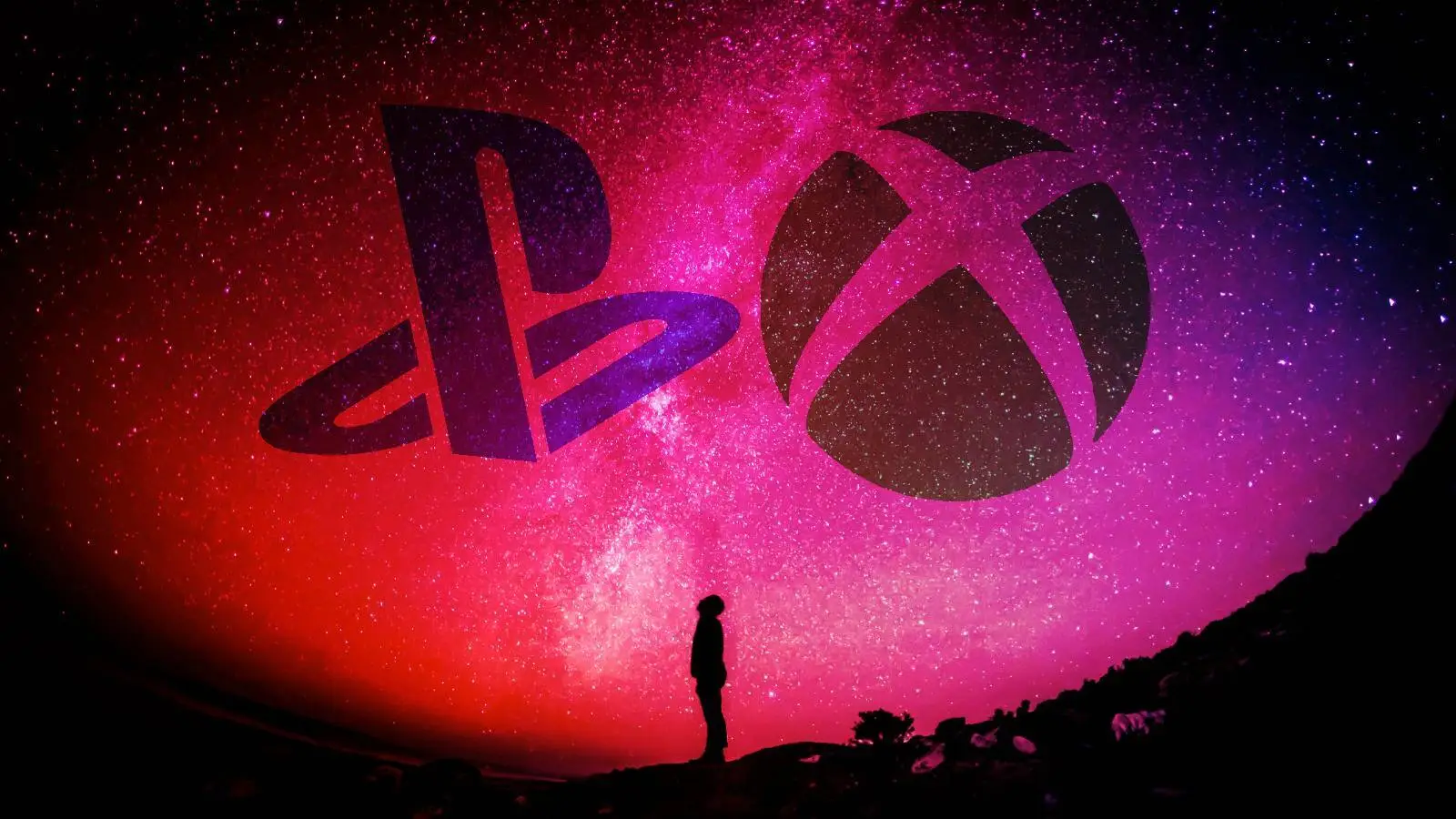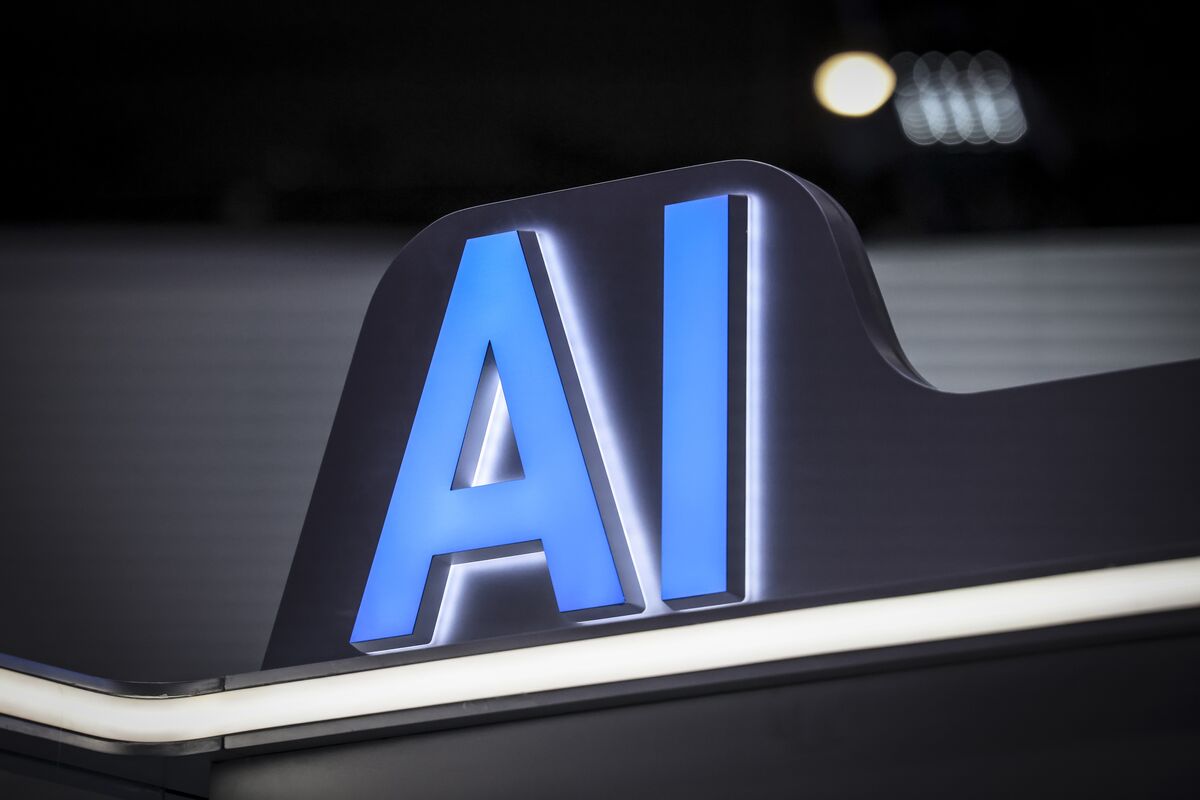Copyright Polygon

Historically, the success of a video game console has been defined by one thing: its games. Any conversation about what made the original Xbox great will inevitably circle back around to Halo. You can create the most technically advanced piece of hardware out there, but without system-selling games that take advantage of it, it’s just an expensive box. Sony and Microsoft have both looked to challenge that playbook throughout this current console generation. While first-party games are still a major focus in both the PlayStation 5 and Xbox Series X, both companies have expanded the sales pitch for why you’d buy one over the past five years. It’s no longer about big exclusive games; it’s about buying into an ecosystem. The grand attempts to turn your console choice into a lifestyle has defined this generation more than any single game — and that’s a major part of why the last five years has felt so strange. In tech, the goal of an “ecosystem” isn’t just to get you to buy a one-off phone or a laptop. Rather, it’s an attempt to create long-time, repeat customers who have a good reason to keep buying products and software from the same company instead of defecting to a rival every time they upgrade their hardware. The most successful example of that can be found in Apple. I got hooked into the company’s ecosystem early on, when I was a loyal iPod enthusiast. That got me to move my physical music library to iTunes so I could easily sync all my tunes. That led to a MacBook, which led to an iPhone. Now, well over 20 years after getting my first music device, the idea of leaving Apple products behind has become a tough sell. My music, my photos, my contacts — so much of it lives in products built to house those things over time. I’m not exactly thrilled about it, but I can’t deny that there’s some value in keeping my digital life consistent. The big three console makers have flirted with that idea over the past few generations, but it’s become a mainstream strategy over the last five years. That’s been especially true for Microsoft. When the Series X launched in 2020, it had no shiny launch game to its name. Instead, its biggest exclusive was Game Pass. Microsoft sought to convince buyers that the subscription service was a strong enough deal on its own to justify the box. Every move Microsoft has made since then has been built around retaining curious subscribers the same way it has held onto Windows users for decades. So long as you have Game Pass, why not upgrade to Ultimate and tie your PC gaming identity to the Xbox brand? And hey, since you have access to cloud streaming as part of your subscription, wouldn’t it make sense to get a smart TV that has the Game Pass app preinstalled on it too? Oh, by the way, did you know that we have our own handheld too, built to play your Game Pass games? And how about a licensed Meta Quest headset? It’s the casual iPod owner to eternal iPhone and MacBook buyer pipeline, creating a network of connected products that becomes harder to extricate yourself from the deeper into it you get. None of this came out of thin air. It’s very much an extension of Microsoft’s success with products like Xbox Live and the 360’s landscape-shifting Xbox Live Arcade. Both set the stage in the same way the iPod did for the iPhone. It’s a bold strategy that has struggled to pay off long term. For a few years, a Game Pass subscription did feel like a deal you couldn’t pass up due to its reasonable pricing. There was a time when virtually every gamer I knew was subscribed, even if they were barely getting much use from it. Microsoft seemed to sense that and has tried to push the limits of how committed players were to the ecosystem with subscription price hikes and increasingly more expensive hardware. Xbox has gone from an underdog to a premium lifestyle brand in five years flat. We may not know how well that worked until the next Xbox comes around (if it does at all), but mounting criticism from fans suggests that Microsoft may have kicked into high gear too soon. While Microsoft has been aggressive in its intentions, Sony has played it slow and steady by comparison. At a glance, the PS5 is just your average console. It has big exclusive games, a controller gimmick, and some optional peripheral add-ons. But there very much is a PlayStation ecosystem built for enthusiasts willing to shell out for luxury products. Look at the PS5’s audio hardware market as a small example. When the PS5 launched, Sony released its own official headset in the Pulse 3D. It claimed that the product was optimized to take advantage of the console’s 3D audio technology, even if the effect could be achieved with many other headsets. But the message was strong: If you wanted the true experience, get a Pulse 3D. Since then, Sony has only dialed up its insistence that its audio products are the best fit for its hardware. Both the Pulse Elite headset and the Pulse Explore earbuds use “PlayStation Link” technology, Sony’s proprietary Bluetooth-equivalent connection method. (The upcoming Pulse Elevate wireless speakers will also use PlayStation Link tech.) The PlayStation Portal exclusively connects to wireless audio devices via PlayStation Link, which means you need one of those devices if you don’t want to use wired headphones with it. It’s a walled garden approach that makes the PS5’s ecosystem very different from Xbox’s. You can even see it at play in the DualSense controller. Ever notice how no third-party PS5 controller features adaptive triggers and haptic feedback in the same way the DualSense does? That’s because Sony hasn’t made the tech available to third-party manufacturers; you can only get those features on a proper Sony controller. Sony plays nice with third-party manufacturers, but it ultimately wants you to buy Sony products. In that way, Sony is pulling even more from the Apple playbook than Xbox. You can see other threads of a PlayStation ecosystem starting to coalesce once you spot the big picture. The PlayStation Portal, for instance, just got a crucial update that lets players cloud stream to the device from PS Plus, without actually owning a PS5. So even if you don’t want to shell out for a PS5, Sony still has a way to hook you in with a more inexpensive handheld that will get you to sign up for PS Plus and potentially get you to buy some first-party earbuds to use with it. That’s an ecosystem at play. In some way, Microsoft and Sony are both late to a party that Nintendo started in 2017. The Switch quietly made a play for a newfound Nintendo ecosystem from day one of its launch, partially fueled by Switch Online with its eventual retro game collections and included DLC extras. It didn’t feel particularly special during the console’s lifespan, but you can see the fruits of Nintendo’s strategy with the Switch 2 now. An account that carried over between consoles, a shared library of games, compatible accessories, and more made moving from one console to the next feel seamless. It felt more like upgrading your phone than buying a new console. One could argue that consoles have always been like this to some extent. You could really go all-in on the GameCube back in the day, buying a WaveBird wireless controller, a Game Boy Player, a Game Boy Advance link cable, and more add-ons to create the ultimate console. The difference here is that all of those things were contained to the GameCube; the big three are all thinking long-term. We can reasonably assume that the Game Pass subscription you get today will carry over to the next Xbox, and it’s very likely that the PlayStation 6 will be compatible with PlayStation Link. You may already have a suite of devices and subscriptions that will carry over to your next console purchase. Why defect to another and have to start from scratch? While five years of this console generation gives us a lot to work with, we won’t see the full picture until it's done. Whether or not Xbox successfully built a Game Pass ecosystem will hinge on whether or not you instinctively line up to order the next Microsoft console, because you may as well at this point. This generation may feel like a disappointment right now, but it may wind up being the console market’s most consequential moment once we’ve zoomed all the way out.



